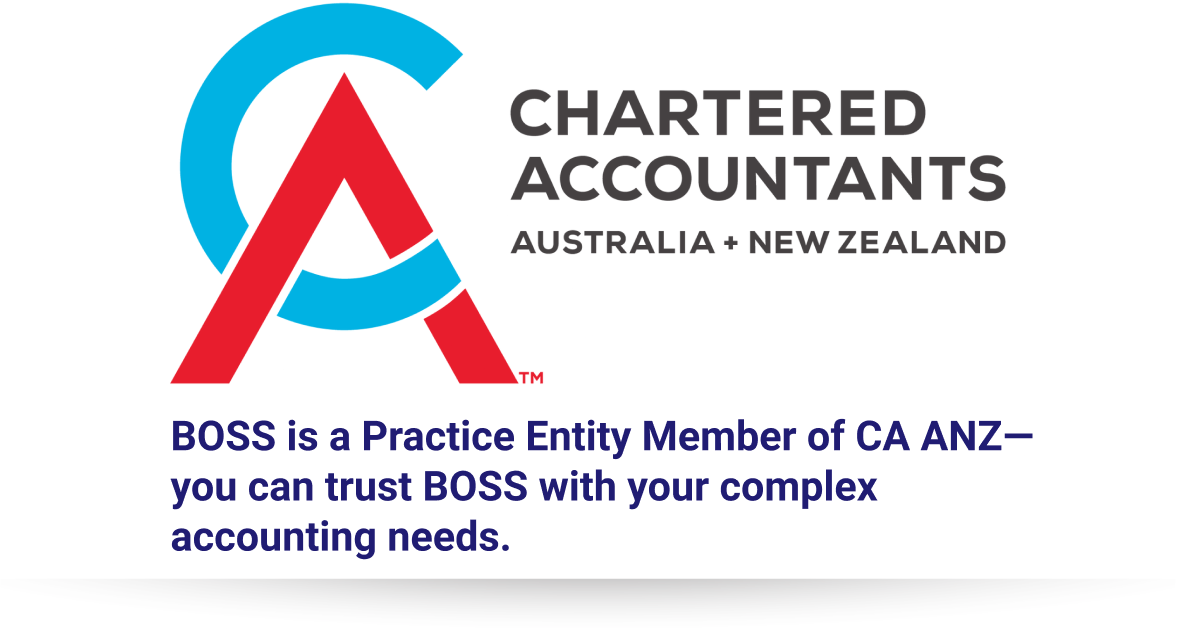In today’s fast-paced business landscape, Australian accounting firms are increasingly turning to accounting outsourcing to streamline operations, reduce costs, and enhance service delivery. This strategic approach allows firms to delegate routine accounting tasks to specialised third-party providers, freeing up time and resources to focus on high-value client services. As competition intensifies and client expectations evolve, accounting outsourcing has emerged as a transformative solution for firms looking to stay agile and profitable. This blog explores why accounting outsourcing is gaining traction in Australia and how it benefits local accounting firms.
Why Australian Accounting Firms Are Embracing Outsourcing
Australian accounting firms face unique challenges, including rising operational costs, a shortage of skilled accountants, and the need to comply with complex regulations like the Australian Taxation Office (ATO) requirements. Accounting outsourcing addresses these pain points by providing access to global talent pools and advanced technology at a fraction of the cost of in-house teams. Firms can outsource repetitive tasks such as bookkeeping, payroll processing, tax preparation, and financial reporting, allowing them to scale operations without the burden of hiring and training additional staff.
Moreover, accounting outsourcing enables firms to tap into specialised expertise. Offshore providers often employ professionals well-versed in Australian accounting standards, ensuring compliance whilst delivering high-quality work. This is particularly valuable for small to mid-sized firms that may lack the resources to maintain a diverse in-house team. By outsourcing, these firms can offer a broader range of services, from BAS preparation to financial forecasting, without stretching their budgets.
Cost Efficiency and Scalability
One of the most compelling reasons for adopting accounting outsourcing is cost efficiency. In Australia, where labour costs are among the highest globally, hiring full-time accountants can strain firm budgets. Outsourcing to countries like India, where skilled accountants are available at lower rates, allows firms to significantly reduce expenses. For example, tasks like data entry or accounts reconciliation can be handled offshore at a fraction of the cost, enabling firms to allocate resources to client-facing activities like advisory services.
Scalability is another key advantage. During peak periods, such as tax season, firms can quickly scale up outsourcing support to handle increased workloads without the hassle of temporary hiring. Conversely, during quieter periods, they can scale back, ensuring cost control. This flexibility is critical for Australian firms navigating seasonal demands and economic fluctuations.
Enhancing Client Relationships
By leveraging accounting outsourcing, firms can focus on what truly matters: building stronger client relationships. With routine tasks handled externally, accountants can dedicate more time to providing strategic advice, such as tax planning or business growth strategies, which clients increasingly demand. This shift from compliance to advisory services positions firms as trusted partners, fostering client loyalty and driving revenue growth.
Choosing the Right Outsourcing Partner
To maximise the benefits of accounting outsourcing, Australian firms must select reliable partners. Look for providers with a proven track record in Australian accounting standards, robust data security measures, and transparent communication. Technology integration is also crucial—partners using cloud-based platforms like Xero or MYOB ensure seamless collaboration and real-time access to financial data.
Conclusion
Accounting outsourcing is revolutionising how Australian accounting firms operate, offering cost savings, scalability, and the ability to focus on high-value services. By embracing this trend, firms can navigate challenges, enhance client satisfaction, and stay competitive in a dynamic market. As accounting outsourcing continues to evolve, it’s clear that this strategy is not just a trend but a cornerstone of modern accounting success in Australia.


